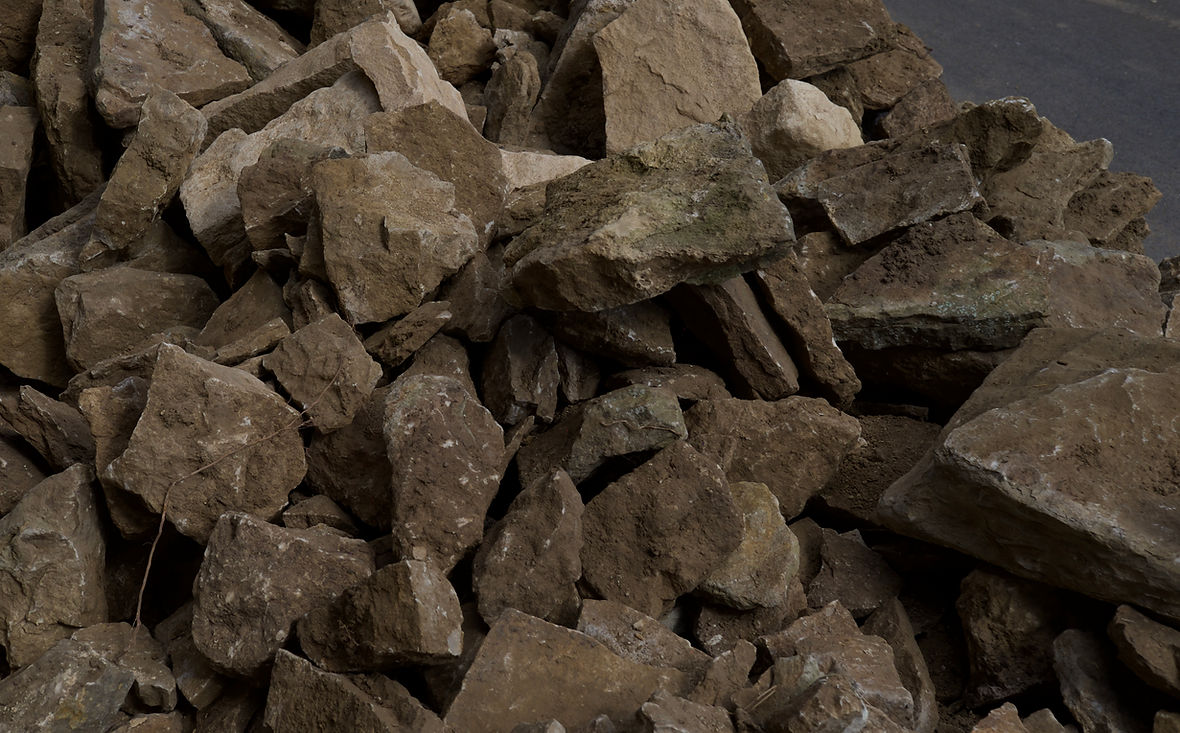Dry stone boundaries, retaining walls, and terraces around London
Cuddesdon Limestone Retaining Wall
Bythorn Community Hall Boundary
Royston Terraces
Date: 2024
Material: Limestone
Location: Cuddesdon, Oxfordshire, UK
Collaborators: Tim Mason
Date: 2024
Material: Limestone
Location: Bythorn, UK
Collaborators: Tim Mason
Date: 2024
Material: Granite
Location: Royston UK
Collaborators: Tim Mason
Wootton Boundary
Date: 2024
Material: Limestone
Location: Wootton, UK
Collaborators: Eric Sainvet
Stevington Boundary
Date: 2025
Material: Limestone
Location: Stevington, UK
Collaborators: Tim Mason
We have collaborated on several dry stone walling projects with experienced masons and wallers around London. These mentors have been invaluable in shaping our knowledge in dry stone construction as well as integrating us into the community of wallers. The majority of the projects have been completed in small villages, such as Cuddesdon and Wootton, and consist of a boundary wall, terraces, or retaining walls. These have all been built without the use of mortar, and use reclaimed stone, chalk, flint, and earth from the site, as well as an additional delivery of locally quarried stone when necessary. These projects have reinforced our understanding of dry stone construction and have allowed us to develop the skills required when working with irregular and found materials. The creativity which emerge from these circumstances of frugality demonstrate a respect for the land and its resources.
The work includes a constant engagement with the ground, digging the earth for foundations, and uncovering roots. It is common to come across fossils and ceramic vessels. Much life exists within the ground too. Placing a tiny curled up chafer grub aside, replanting bulbs that were in the way, laying aside shells. This work is a form of gentle activism. Architecture as poetic environmentalism.
This is a list of proverbs which have been exchanged while working with stone:
A stone must be restful.
Don’t build on disturbed land.
Even a round rock has a flat side if you can find it.
The small stones are shy, they are hiding in the earth.
Do as little as possible.
A heavy stone should not be carried alone.
A stone should look up at the sky.

3 meter tall retaining wall built in Cuddesdon (Photo Credit: Laura Stargala)

A Typical Dry Stone Wall: Plan, Elevations, Section (Drawing Credit: Laura Stargala + Timothée Ryan)
The creativity which emerge from these circumstances of frugality demonstrate a respect for the land and its resources.

Limestone used for construction in Cuddesdon (Photo Credit: Laura Stargala)

Exposed earth behind retaining wall in Cuddesdon (Photo Credit: Laura Stargala)

Dry stone retaining wall section with shells, eggs, sand, silt, clay, stones, fossils, ceramics, and more (Drawing Credit: Laura Stargala)

Dry Stone Construction (Photo Credit: Laura Stargala)
